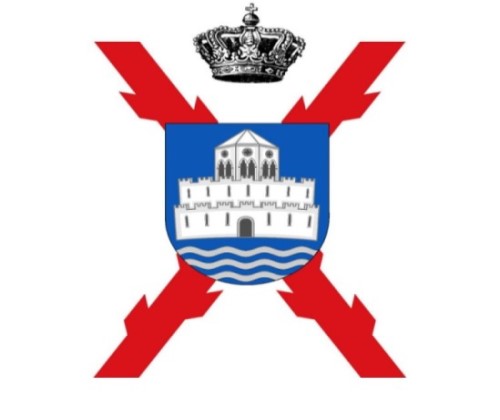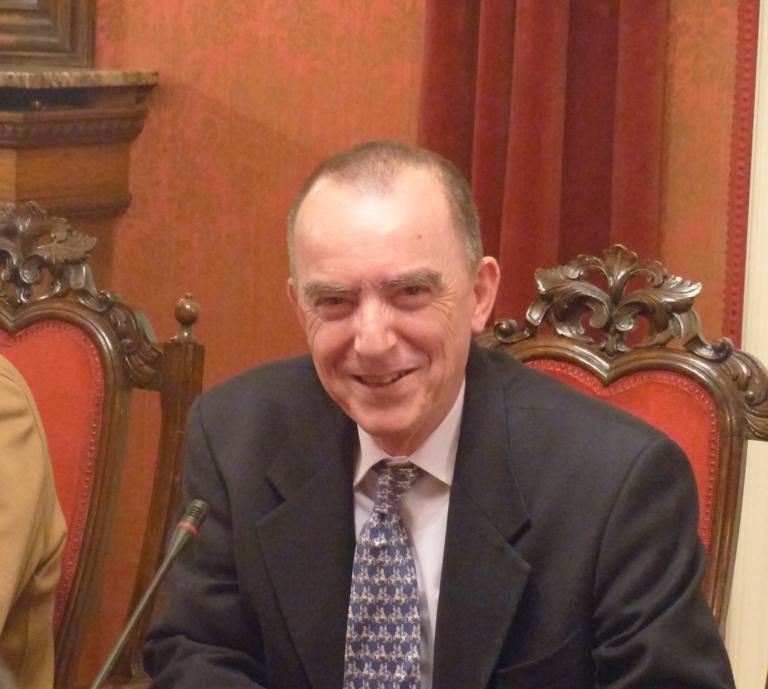
***La versión original en español del artículo se puede encontrar en este enlace. La traducción al inglés la ha realizado uno de los miembros del Círculo Camino Real de Tejas con la supervisión de los traductores del Gremio San Jerónimo***
We publish the transcription of the eleventh article on sovereignty from the LA ESPERANZA newspaper archives.
***
Let us now examine in what sense the defenders of certain principles have said that kings are of divine origin, a maxim that has scandalized the liberals, because they have not stopped to reflect upon it dispassionately, nor have they approached the origin of civil power. Had they done so, they would have found the solution to this problem without much torment to their wits, putting aside their errors and old preoccupations, we will offer it to them and save them all the trouble.
Our political adversaries could not but agree that in any legitimate and hereditary head of State there are three things to be distinguished: the power he exercises, the connection of that power with his family, and the possession he has of the exercise of that supreme power. Let us examine each of these items in turn.
As to the supreme power considered in itself, they must acknowledge that God, in the fact of creating social man, willed that he should live in peace and good harmony with his fellows. That is to say, this cannot be done without having a power in society to which the individuals who make up that society are subject. They must also confess that God willed that this public power should exist, and that all those who belong to the social body should be subject to it. This is a truth that no one has ever doubted. Now, in this sense it is rightly said: «Let every soul be subject to higher powers: for there is no power but from God: and those that are, are ordained of God. Therefore he that resisteth the power, resisteth the ordinance of God.»
Assuming the divine institution of civil power, we are in the case of saying that God, for reasons hidden from the penetration of mortals, has willed that the manner of its exercise should vary among men. That is, that in some peoples public affairs should be under the direction of a single individual, in others under the direction of a few, and in others under that of many; sometimes permitting power to pass from one hand to another by violent means and inexcusable revolutions. If, however, the political events of a State have given rise to the right to govern it being vested in a family, it must necessarily be admitted that either there is no divine Providence (which cannot be said without committing blasphemy), or that the Author of all created things has beforehand prepared the privileged family to take its place, for a short or long time, over that portion of the human species. It must also be confessed that when, in addition to the elevation of a family to the royal throne, hereditary succession is added, the Lord has predestined ab aeterno the particular individual who occupies the throne in every age to exercise supreme power over that nation. And, what is more, He wills and commands that, while this individual is legitimately exercising it, all men subject to his scepter should obey and respect him.
Nor will our opponents deny to us that civil power is a consequence, or rather a necessary condition, of the state of society, or that God is the Author of that state. Therefore they must agree that all power originates from the Author of society, and that those who exercise it in its fullness, and are charged with giving laws to the nations, are like His lieutenants on earth, acting in His name, and essentially owing to Him the power with which they are endowed. We have pointed out that God is the Author of the state of society, for it is His Divine Majesty who has given man the necessities which compel him to live in society with his fellow creatures, and who has endowed him with the intelligence and faculties which other living creatures lack, and without which he could neither restore order nor form laws nor establish governments. In the sense that civil power is a necessary condition of the state of society, and that God is the Author of that state, the text of Sacred Scripture so often quoted has always been understood: «By Me kings reign, and lawgivers decree just things». These are words that can only be denied by an atheist, or by one who ignores Providence, and removes from It all intervention in human affairs.
Either our opponents must deny Providence, or they must confess that nothing happens in the world without the will of the Supreme Being; that His wisdom foreknew and decreed before time all that has happened, is happening, and will happen in the universe; that by His divine disposition nations have passed through the vicissitudes mentioned in their history; and that by this series of events the crown has become hereditary in the known dynasties, until it has fallen to the present monarchs. Consequently, they must either say that everything in the world happens by chance, or confess that while a monarch legitimately exercises supreme power, those who actually belong to the society he governs are bound in conscience to obey him. Here we see fully confirmed the truth of that other passage of Sacred Scripture: «Ideo necessitate subditi estote non solum propter iram, sed etiam propter conscientiam. [Wherefore be subject of necessity, not only for wrath, but also for conscience’ sake.]» This is how the divine right of kings is understood, which has been so contested by the revolutionaries of all countries.
(Continued…)
LA ESPERANZA




Deje el primer comentario